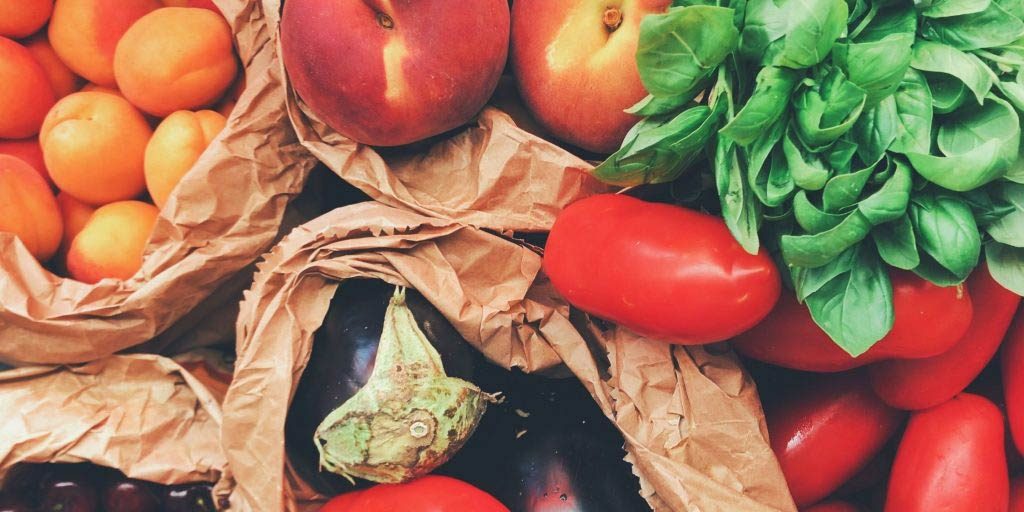Your ELC explains the foods your child should be eating each day based on their age.
Firstly, we would like to address the importance of healthy eating for your child’s development and overall health.
A healthy diet is more than the food a child consumes; it is also about staying active. However, the two go hand in hand. Your child should be eating the right foods that balance the energy they use doing physical activities.
The Australian Dietary Guidelines recommend children consume a wide range of foods from the five food groups:
- Fruit
- Vegetables, legumes and beans
- Cereals (including breads, pastas, rice and noodles)
- Lean meat, poultry, fish and alternatives
- Milk, yogurts, and cheeses. Alternatively, children under 2 can have full-fat milk, older adolescents can have reduced fat varieties.
It is recommended that children should choose water to drink over other liquids like cordial. Children should also limit their intake of foods containing saturated fat, added sugar or added salt.
The amount of food your child needs:
2 to 3 years of age: 1 serve of fruit; 2½ serves of vegetables; 4 serves of grains; 1 serve of meat/poultry; 1½ serves of dairy
4 to 8 years of age: 1½ serves of fruit; 4½ serves of vegetables; 4 serves of grains; 1 ½ serves of meat/poultry; 1½ to 2 serves of dairy
9 to 11 years of age: 2 serves of fruit; 5 serves of vegetables; 4 to 5 serves of grains; 2½ serves of meat/poultry; 2½ to 3 serves of dairy
12 to 13 years of age: 2 serves of fruit; 5 to 5 ½ serves of vegetables; 5 to 6 serves of grains; 2 ½ serves meat/poultry; 3 ½ serves dairy
Some helpful tips to encourage healthy eating habits:
- Remove screens and make mealtime a family affair.
- Make healthy foods different and fun, cut them into fun shapes with cookie cutters.
- Make it a point to eat a healthy breakfast every day, it is the most important meal of the day after all.
- Try new foods but try and incorporate them into meals you know your child loves, to minimise the newness of them.
- Show your children where their food comes from, for example a veggie garden or just to the shops.
- Try to limit the amount of junk food in the house
- Have a bowl of fruit available for your child to pick at throughout the week.
- Teach your child to wash their hands before every meal and do it together for the first little while so that they are more inclined to participate.
The team at your local early learning centre understand the importance of a healthy diet for your child’s growth and development. We offer nutritious healthy meals for your children every day.
YOU MIGHT ALSO LIKE TO READ:
Solo Play – How it Benefits Your Child
You might be thinking to yourself that you have to be around your child for them to learn, but that simply isn’t the case. Solo play can do wonders in making your child a more independent, curious, and confident child – READ MORE






